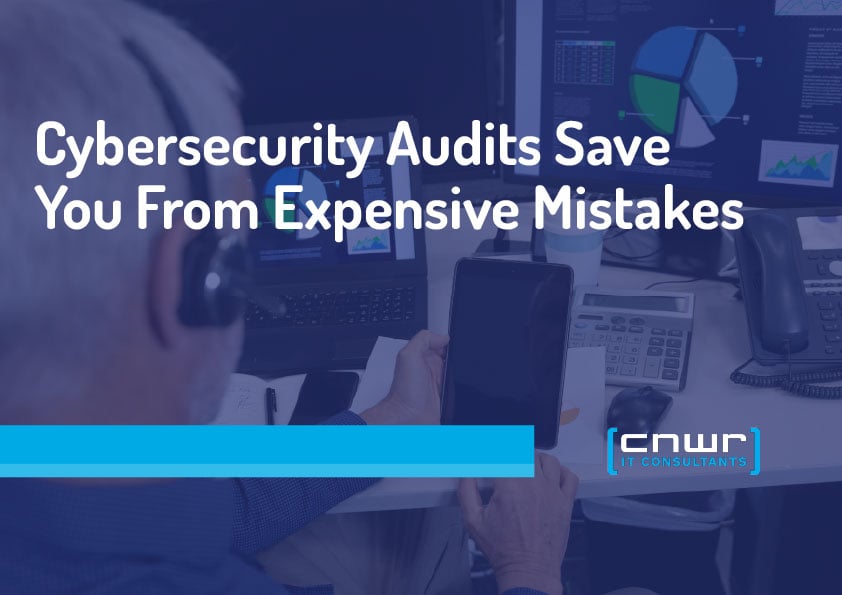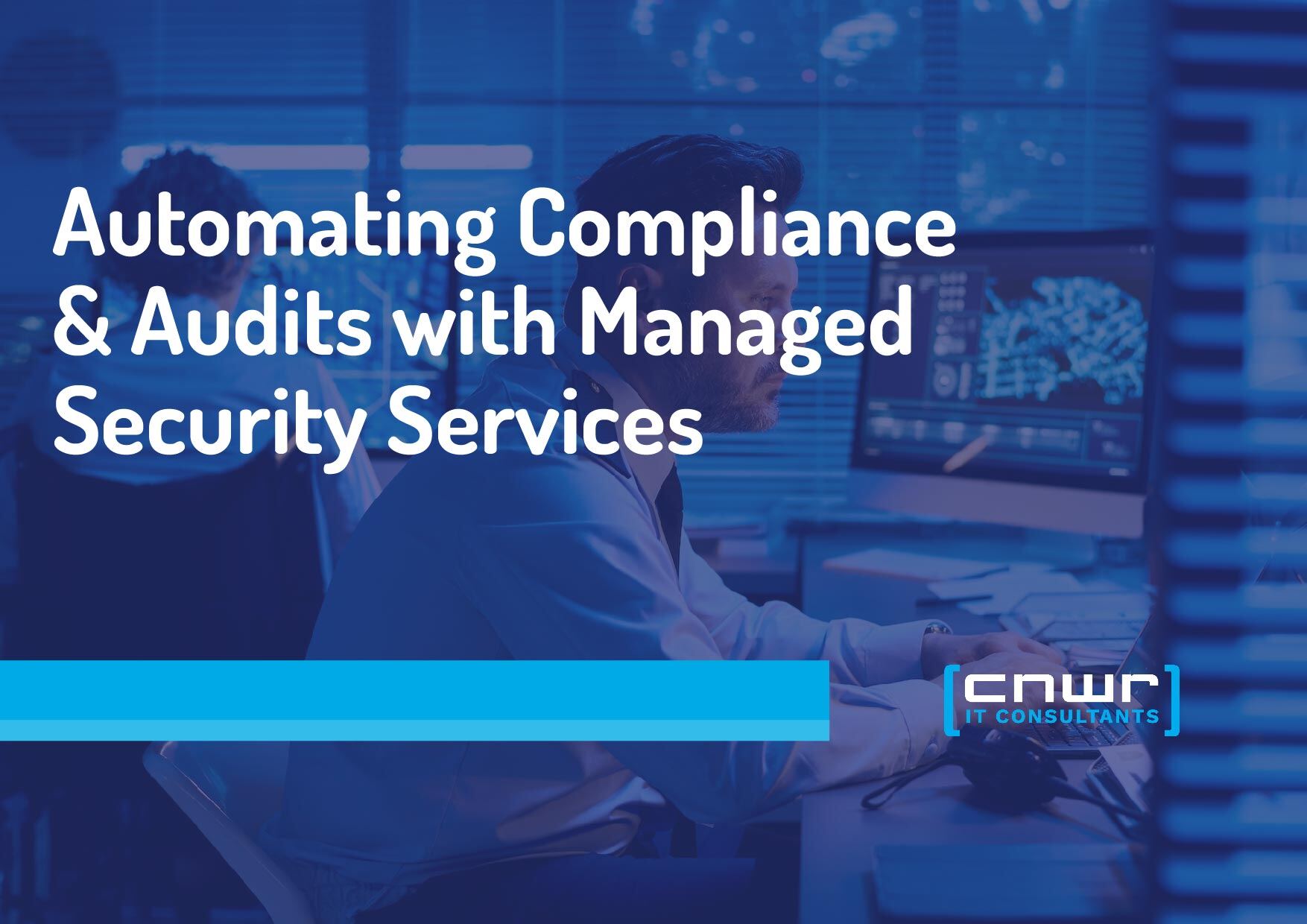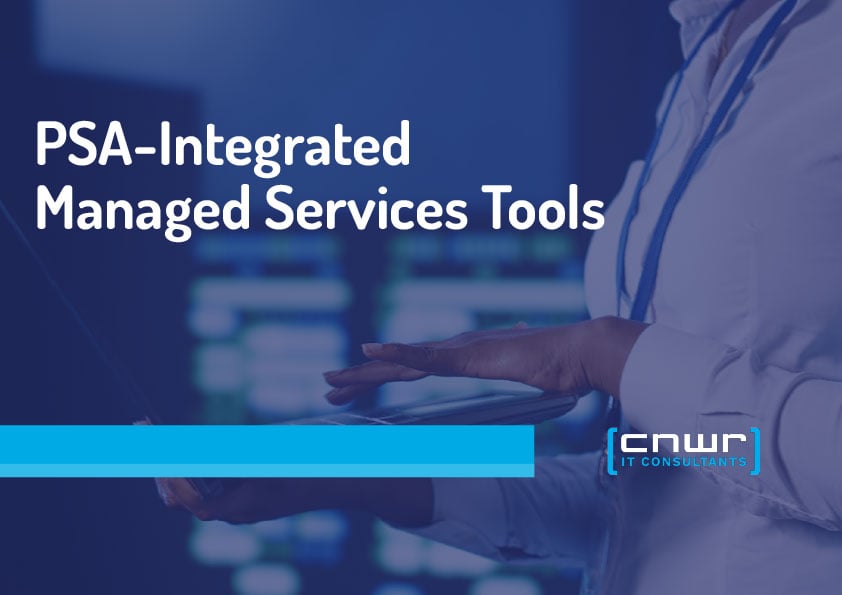What do fire drills and cybersecurity audits have in common? Both are rarely met with applause, often spark a little grumbling, and yet, both are absolutely priceless when disaster tries to come knocking. While no one is clamoring to host an audit party, regular cybersecurity audits might just be the unsung hero quietly saving your organization a fortune.
This post breaks down cybersecurity audits and their hidden return on investment (ROI)—without the jargon, without the snooze factor. Whether you’re an MSP or a company relying on one, you’ll walk away understanding why investing in regular cybersecurity audits is less about ticking compliance boxes and more about building a digital fortress that actually pays you back.
Why Cybersecurity Needs More Than a “Set and Forget” Approach
If you’ve ever assumed cybersecurity is just about buying some flashy software and moving on, you’re not alone. The reality is much less glamorous but infinitely more important. Hackers keep evolving, and policies change. Your organization constantly changes, adding new assets, employees, and vendors. This moving target is exactly why a “set-it-and-forget-it” security plan is a myth.
Regular cybersecurity audits are like scheduled checkups for your digital health. They catch silent problems before you see (or pay for) the symptoms. And in the world of security, symptoms can mean multi-million dollar headaches, legal nightmares, and brand reputation down the drain.
Breaking Down Cybersecurity Audits
You might be wondering, what actually happens during one of these mysterious “audits”? Picture a team of digital detectives. They comb through your organization’s security systems, poke at your protocols, and check if your ironclad passwords resemble the word “password.”
At their core, cybersecurity audits assess:
- Network and system security (Is your tech actually keeping the bad guys out?)
- Employee security practices (Is anyone still using the dog’s birthday as a password?)
- Regulatory compliance (Do you meet industry standards like HIPAA, PCI DSS, ISO 27001, or NIST?)
- Incident response plans (If something does go wrong, can you recover, or will it be a Netflix docuseries?)
For many organizations, audits include both an internal review (checking yourself out) and an external review (bringing in the pros for a second opinion). Good audits mix technical checks (like scanning for vulnerabilities and configuration issues) with process reviews (training, access control, and compliance documentation).
What You Really Gain with Cybersecurity Audits—From Peace of Mind to Profit
If you’re bracing for another sermon about compliance, here’s the good news: Compliance is just one thin slice of the audit pie. Here’s where the ROI gets juicy:
Fewer Expensive Surprises and Big Savings
Security audits are all about finding costly problems early:
- Expensive Software Bloat. Oh, did you know you’re paying for 200 licenses you haven’t used since 2019? Audits catch that.
- Old User Accounts and Shadow IT. Old interns with active accounts are a hacker’s dream. Ditto for unauthorized tools eating up your budget.
- Outdated Infrastructure and Redundancies. Some legacy systems stick around simply because no one remembered to unplug them. Audits shine a light on what needs to go or be replaced by smarter solutions.
The result? You’re no longer putting money into vulnerabilities and technical debt. That’s instant savings.
Paying Less for Cyber Insurance
Here’s a little-known secret that insurers don’t advertise on billboards: organizations that can prove strong, regularly updated security postures get lower premiums. Regular audits not only help you tick the boxes for policy requirements, but they also demonstrate ongoing vigilance. Many companies are seeing 15%–30% drops in insurance costs just by showing mature audit records and risk management.
Avoiding the Astronomical Cost of a Cyberattack
The global average cost of a data breach is over $4.35 million (IBM, 2022). Proactive audits dramatically reduce your risk, simply because you’re more likely to catch vulnerabilities before they’re exploited. Every gap closed is dollars, customers, and reputation saved.
Boosting Customer and Partner Trust
Your clients don’t necessarily want a play-by-play of your firewall logs. But they do want to know you take their security seriously. Regular, high-quality audits signal operational discipline, responsibility, and a willingness to improve. This builds trust (and sometimes, wins new business).
Smoother Operations and Compliance
No more frantic scrambles before partner reviews, vendor onboarding, or M&A. An up-to-date audit history means:
- Faster responses to due diligence requests
- Fewer delays in signing clients
- Regulatory fines and legal penalties averted
Regular audits protect both your pocket and your peace of mind.
The ROI of Cybersecurity Audits (a Simple Formula, With Real Impact)
There’s a direct relationship between what you put into your security and what you save down the line:
- Audit cost (anywhere from $5,000 for small orgs to $50,000+ for enterprise behemoths)
- Cost reductions from recovered licenses, cut insurance premiums, and avoided breaches
- Intangible returns from improved reputation and operational resilience
Research reveals that for every dollar invested in proactive cybersecurity (including audits), businesses avoid up to four dollars in potential loss. Not a bad return for keeping your digital house in order.
How Often Should You Audit?
More is usually better (within reason). Most organizations run internal audits quarterly (these are cheaper and keep everyone sharp), and external audits annually or bi-annually for an unbiased, professional checkpoint.
Certain industries, like healthcare or finance, may need more frequent or framework-specific checks. Major changes or incidents (like mergers, vendor changes, or near-miss cyber events) are also perfect triggers for off-cycle audits.
Skip the Audit, Pay the Price: What You Risk by Opting Out
Think skipping regular audits is no big deal? The reality is less forgiving:
- Fines and legal penalties for noncompliance can hit millions.
- Insurance claims may be rejected if you can’t prove regular risk management.
- Downtime from attacks or disruptions can cost more than the audit would have, many times over.
- Brand damage is hard to measure, but easy to suffer.
Ignoring audits is like leaving your doors unlocked because “it’s never happened before.” It only takes one time.
How to Run a High-Impact Cybersecurity Audit
If you’re ready to tighten the digital hatches, a successful audit usually looks like this:
- Define your goals and scope. What do you want to protect? Why?
- Plan and prepare. Gather your team and info. Inventory your digital assets.
- Assess and identify risks. Where do you stand now?
- Document everything. If it’s not written down, it didn’t happen.
- Act on the findings. Prioritize remediation and close the gaps.
- Repeat. Security is a cycle, not a one-and-done affair.
Still unsure how to get started or feeling overwhelmed by all the acronyms? Don’t worry—you don’t have to go it alone.
Turning Cybersecurity Audits Into Business Wins
Think of audits as your organization’s regular tune-up, except the payout is lower risk, lower costs, and a reputation for being ahead of the game. Taking a proactive approach isn’t just smart business, it’s essential for survival in a landscape where threats are more creative than your IT guy’s WiFi names.
When in doubt, bring in the experts. The CNWR team’s decades of experience help you transform audits from a hassle to value, ensuring you can sleep easy and focus on growth.
Is your organization overdue for a cybersecurity audit? Reach out to CNWR today to assess your cyber health, bolster ROI, and make risk reduction your new business advantage.




.jpg)